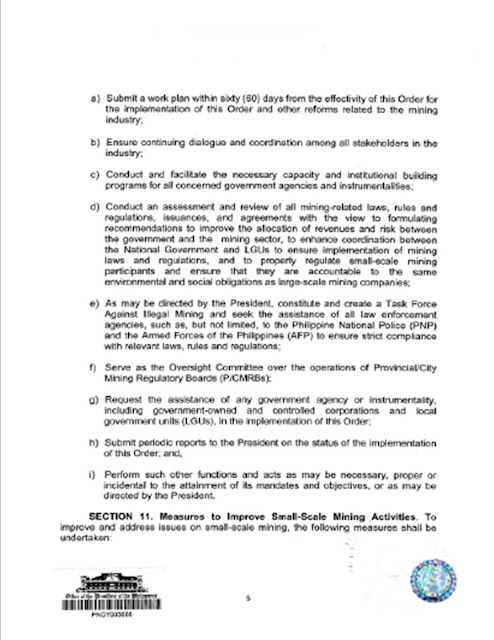HOMILY
15th Sunday in Ordinary Time – 15 July 2012
The Gospel reading is Mark's version of the story of how Jesus sent His chosen disciples on a mission. Today we -- all of us Christians, not just the bishops, priests and religious -- are the successors of the Twelve and the rest of the disciples in Jesus' time.
1. We are disciples of Christ.
The word “disciple” has become an all too familiar word that it may
have lost already much of its impact on us. Disciple, "μαθητής" (mathetes) in Greek, discipulus
in Latin, means a student (of a teacher), a learner, a seeker of knowledge and wisdom.
In the Gospel reading today, Jesus sent the Twelve on a mission. This is
not yet the so-called "great commission" when they are sent to all the world. That event happened
just before Jesus' ascension to heaven. This one was more like a teacher, magister, sending his students, discipuli, to an apprenticeship in
mission. Before sending them off, like any good teacher, He gave His disciples a set of
instructions. And the story ends with the Twelve performing wondrous deeds same
as Jesus.
The first invitation of the Gospel reading this Sunday is to rediscover
the meaning of being a disciple, so we may live up the better to it.
To be a disciple is to seek the wisdom and will of one’s teacher and apply them in life. Discipleship means, first of all, seeking God's will for us, and then making it the rule by which live our lives.
To be a disciple is to bring others to Christ, the great Teacher. Being a Christian disciple is more than just striving to be good or holy. It is those things and more. It is also about sharing the joy of Christ's life to others, so that they too may have the joy we have.
2. We are always preaching the Good
News.
A story is told about an international conference of young Christian missionaries. Young people hear talks and shared experiences on how to evangelize today. Some speakers extol the advantages of the radio, the media and the internet as powerful tools in evangelization. Some shared their experience knocking on doors, doing house visits, others talked about preaching on the streets. One girl from Africa had perhaps one of the most memorable sharing. She said that if her church wish to evangelize a village, they send a Christian family to live with them thereby letting the villagers see how Christians walk, talk, engage their neighbors, and live their lives, without any active direct preaching, at least not yet. Soon they would have new converts.
In preaching the Gospel, we revert to the beloved, oft-repeated line attributed to St. Francis of Assissi: "Preach at all times, when necessary use words."
Whether we talk or keep silence, get involved or stay on the side,
proclaim in public or work silently -- we are preaching the Good News. Whether anybody listens to us or not, or even when nobody seems to care -- we are preaching the Good News.
St. Paul in 2 Tim 4,2, urges us just as he encouraged his friend Timothy: "Proclaim the word; be persistent whether in season or out of season; convince, reprimand, encourage through all patience and teaching". Some translations have it: "proclaim the word, whether convenient or inconvenient..."
As disciples of Christ, we are always preaching the Good News all the time, because...
3. The world has a constant need
for the Good News of Christ.
What is this Good News we keep saying? The word comes from the Greek εὐαγγέλιον (euangélion) and the Latin evangelium, which both means, well, good news or glad tidings. Its root usage as a figure of speech goes back to the Roman Empire. When news of a Roman military victory or significant event were to be officially transmitted to the public, it would be introduced with the formula: “the good news of (this and that victor), from (this and that front)…” No wonder that St. Mark began his gospel with: “the good news of our Lord Jesus Christ!” He was transmitting to the rest of the world the news of a great victory: Christ’s victory over sin and death, over the forces that oppresses humanity. He was proclaiming the triumph of Truth over lies, joy over false hope, true love over selfishness.
In the end, there will always be a hunger for the one transforming Truth amidst a sea of information, not a few of them lies. There will always be a search for the kind of happiness that really satisfies.There will always be a wanting for true love, the one that turns us into the best that we can be and makes every trial worth it. When that inevitable hunger or yearning for something greater than ourselves, for something more than this life could offer, manifests in people, won't you be glad when they could see Christians witnessing to the Good News?
We are disciples of Christ, committed to preach the Good News at all
times, to a world who has a great need for it.
You have just rediscovered your mission. Now, Jesus sends you.










